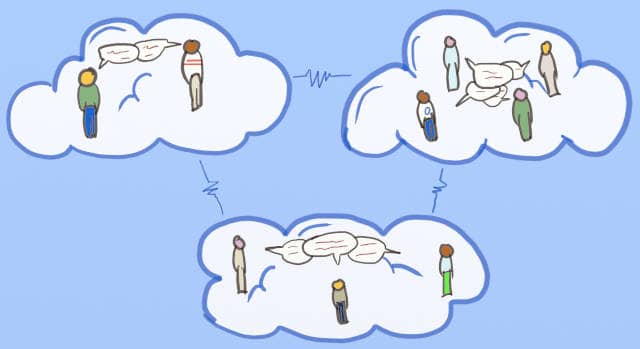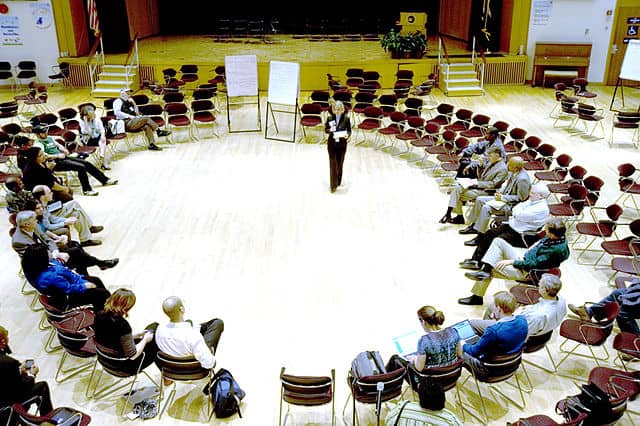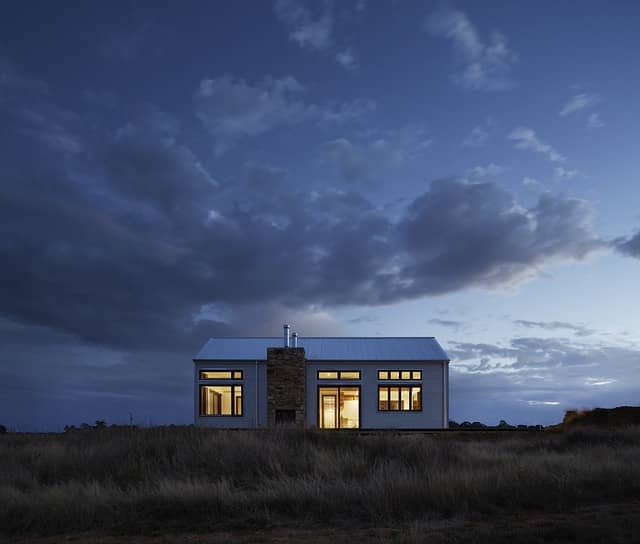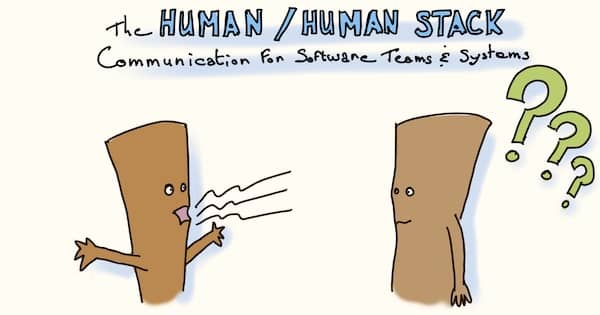Let’s give Remote-First Open-Space Technology Un-Conferences a try!
Open-space technology un-conference is a powerful self-organized workshop. Here is the story of how we made it remote-first to grow a community of practice.

This post is the first half of a mini-series about remote-first open-space technology un-conferences.
Like most successful companies, Murex, the company I work at, has its share of legacy code. Legacy code is great because it’s bringing money in; it’s more problematic when we need to change it.
To help developers to do so, I spawned a Refactoring Community of Practice. As a coach, my goal is for this COP to survive me when I move to other activities. I want the COP to become self-organized and part of the culture.
Open Space Technology is an excellent un-conference format that fosters self-organization. People have organized un-conferences of hundreds of people with it. It’s even powerful enough to transform organizations!

The catch is that we have offices in Beirut, Dublin, and Paris. We tried satellite Open-Space Technology un-conferences in the Refactoring COP. Unfortunately, with mitigated results. Most developers are in Paris. It makes the workshop less interesting in Dublin and Beirut.
💡 The best way to go remote is to jump in completely and become remote-first.
Trying to make something remote by only adding a webcam seldom works. The best way to go remote is to jump in completely and become remote-first. I searched the web for remote-first open-space technology un-conferences. I found a few mentions that it should work, but not much:
- In Building Open Space Online, Judy Rees explains that she managed to run a distributed un-conference using the open-space technology format.
- This 2009 article Open Space-Online by John Folk-Williams explains how they used a tool called open-space-online to run a distributed text-based open-space technology un-conference.
Even though Open-Space-Online is closed until they add video chat to the system, these links were encouraging!
Let’s try it!
I like being at work in August. In France, almost everyone takes their yearly vacation in August. The office is calm, and it’s the best time of the year to concentrate and do great work. We took a bit of time to think about the topic. We were ready to try a remote-first Open-Space un-conference at the Refactoring COP.
💡 Remote work is here to stay! It’s time to be creative.
We relied on the company’s installed software: Microsoft Teams and Confluence Wiki. For every topic, we created a chat channel and a wiki page. Participants could move from one channel to another. Topic owners would take notes on the wiki.
It worked pretty well!
It went surprisingly smooth for the first time. People said
- It was easy to switch from one channel to another.
- They liked that they could ‘leave’ a discussion at any moment.
Remote-first brought its specific improvements:
- People could share their screen, for example, to demo some code. Doing this is not always easy in a physical un-conference session.
- It’s more inclusive of people working from Beirut and Dublin. They could enjoy all the discussions happening in Paris as if they were there.
- By simplifying working from home, it contributes to a sustainable-pace and a sustainable living

Continue Reading
This post was the first half of a mini-series about remote-first open-space technology un-conferences.
- Let’s give remote-first open-space technology un-conference a try!
- How to run a Remote-First Open-Space Technology Un-Conference
The next post is a detailed step by step guide about how to run your own.




Leave a comment